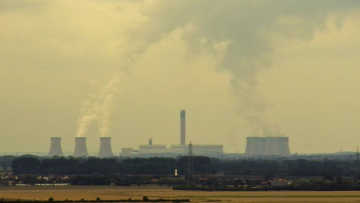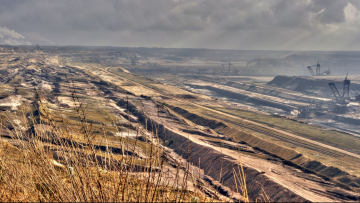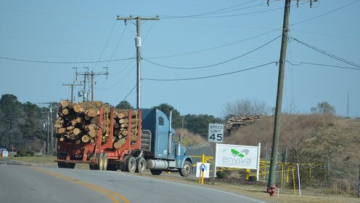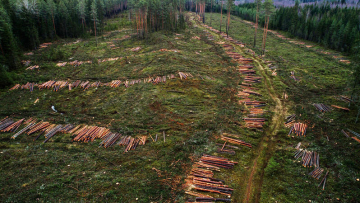ING in the spotlight ahead of its AGM for its climate destructive finance
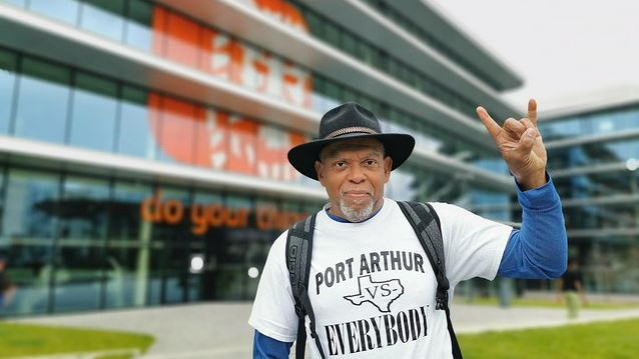
Today, Dutch banking giant ING will hold its Annual General Meeting (AGM) in Amsterdam. Campaigners are converging on the AGM to raise important questions about how it intends to meet its climate commitments if the bank continues to invest in climate destructive industries including fossil fuels and wood biomass.
On behalf of BankTrack, John Beard, Founder and CEO of Port Arthur Community Action Network, is attending from Port Arthur, Texas in the United States, a city already teeming with refineries, export terminals, and petrochemical plants that disproportionately affect the predominantly African American, African Diaspora and Latinx community members. (1) Just last month, ING financed a new LNG terminal in the area, which will further contribute to the pollution local communities are experiencing.
Moreover, while ING has argued it needs to continue financing oil and gas infrastructure to meet energy needs in Europe, the Port Arthur terminal is not expected to become operational until 2027. This means it will do nothing to alleviate the current supply squeeze, but will lock in climate and local impacts for decades to come. At ING’s AGM, Mr Beard will raise the problem of pollution and the impacts it has on the health of local communities and ask ING to refrain from financing any new fossil fuel infrastructure.
Research shows that since 2016, ING helped finance the construction of at least nine LNG terminals on the US coast for around US$ 7 billion. It was the third largest financier of these terminals, after two Japanese megabanks. Just this year, ING provided finance to three LNG terminals in the US, including the Port Arthur LNG terminal. (2)
In March 2022, ING excluded finance for new upstream oil and gas projects and, a year later, further expanded this to include midstream projects that would unlock new oil and gas fields. While these steps have been welcomed by some, significant gaps remain in the bank’s policies that jeopardise its ability to reach its goal of net-zero emissions by 2050. (3)
Yesterday around 500 people joined a protest at ING’s head office in Amsterdam to call on the bank to stop financing the climate crisis. The event, called “Tem De Leeuw” (Tame the Lion) and organised by Fossiel Vrij, Extinction Rebellion Nederland and Milieudefensie was a demonstration to call out ING’s finance for fossil fuels companies and deforestation.
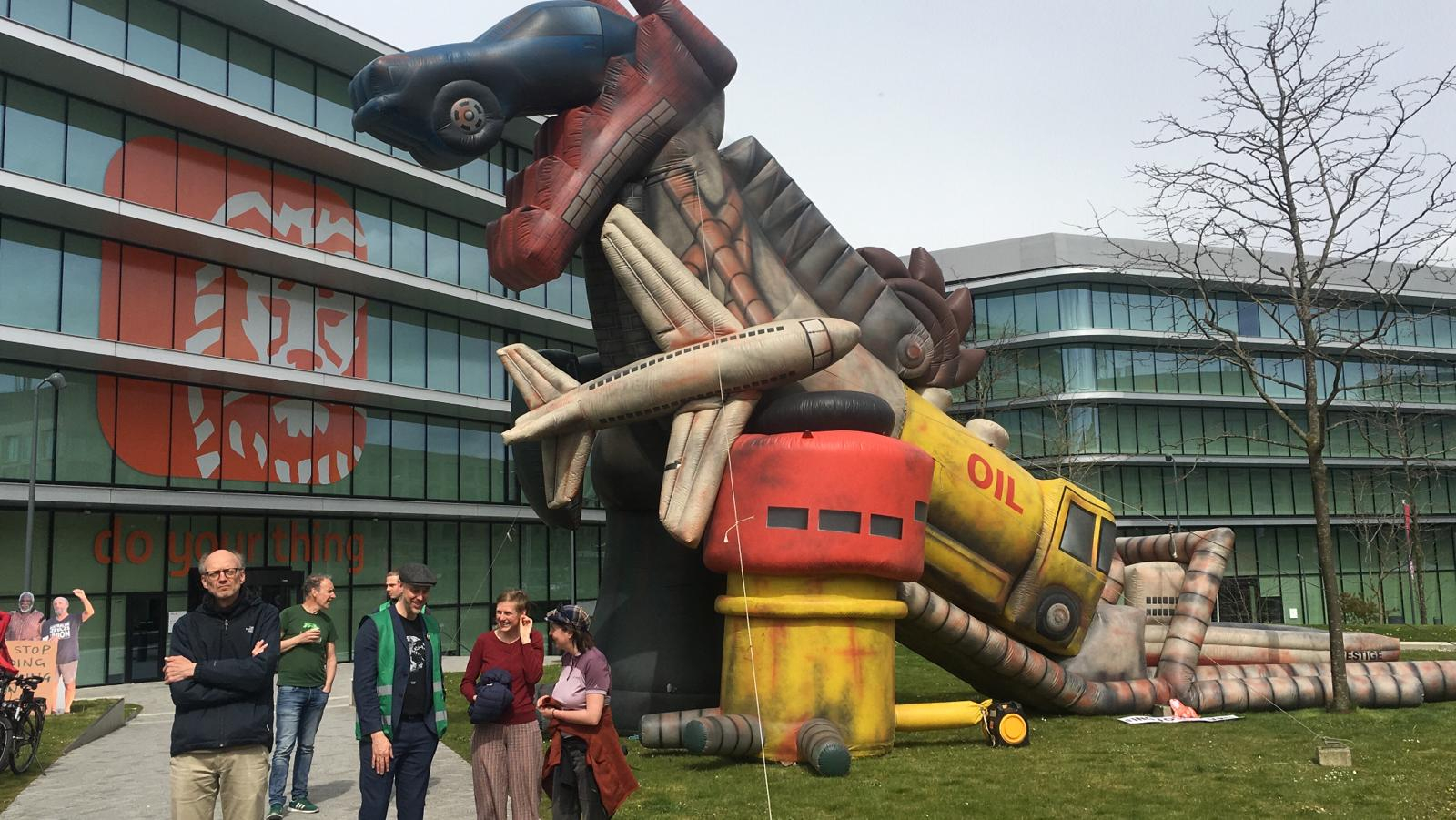
In addition, Deniz Özkil from BankTrack will attend the AGM to call on ING to remove biomass from its definition of "renewable energy". Burning wood for energy emits more CO2 per unit of energy than burning fossil fuels and, at the same time, is driving the destruction of irreplaceable forest ecosystems and polluting local communities around the world. (4)
ING finances a number of energy companies, including RWE and Vattenfall, that operate wood biomass power plants, including those that are being converted from burning coal to burning or co-firing wood. RWE operates two coal power stations in the Netherlands where wood pellets have been co-fired together with coal since 2019 and Vattenfall is planning a new biomass plant in Diemen that would be the largest in the Netherlands. The plant has recently been opposed in court by local organisations on the basis of its nature permit.
Both of these companies likely source their wood pellets from the largest wood pellet producers in the world – Drax, Enviva and Graanul Invest – all of which are implicated in widespread forest destruction across the southeast US, Canada and Eastern Europe. The wood harvesting and pellet production activities of these companies has been associated with human rights violations, pollution and biodiversity destruction.
Notes for editors:
(1) John Beard is the founder, president, and executive director of the Port Arthur Community Action Network (“PA-CAN”), serving the Port Arthur/Southeast Texas area as a community advocate, focusing on environmental issues and community development.
(2) Research by BankTrack, IJGlobal database accessed April 20th, 2023.
(3) For a detailed analysis of ING’s current fossil fuel policy framework, see here.
(4) For more information on ING’s policies related to wood biomass, see BankTrack’s briefing paper: Burning forests in the name of clean energy? (October 2022)

